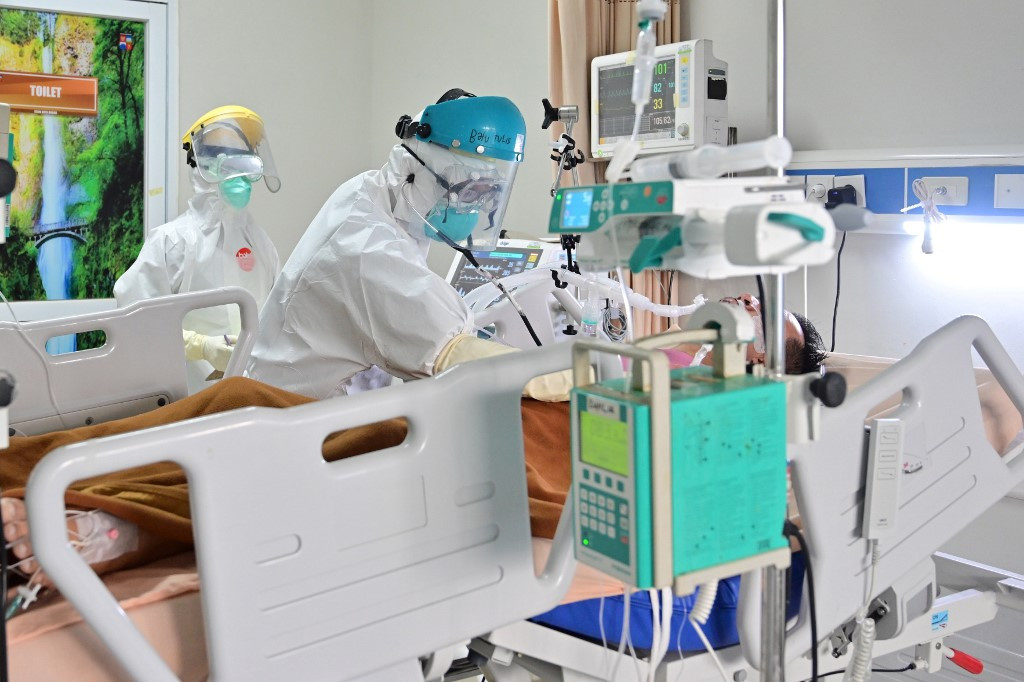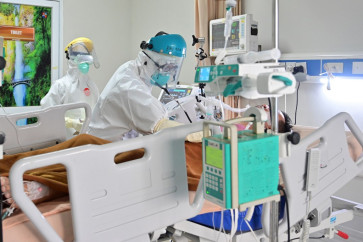Popular Reads
Top Results
Can't find what you're looking for?
View all search resultsPopular Reads
Top Results
Can't find what you're looking for?
View all search resultsDiagnostics beyond COVID-19: How it can help prevent future pandemics
Indonesia needs to prioritize investment and development of diagnostics to build a robust public health system that is capable of tackling other pandemics in the future.
Change text size
Gift Premium Articles
to Anyone
A
s Indonesia and many other countries transition to the endemicity of living with COVID-19, the significant progress made in our mass vaccination programs is encouraging. Vaccination is key in the world’s efforts to turn the pandemic into an endemic.
Health Minister Budi Gunadi Sadikin told a meeting on March 23 with House of Representatives Commission IX, which oversees health, that Indonesia was poised to reach COVID-19 endemicity in September.
Achieving endemic status requires fulfilling some indicators of the World Health Organization (WHO). These include a maximum 20 confirmed cases of COVID-19 per 100,000 population, less than 5 hospitalized cases per 100,000 people and a fatality rate of no more than 1 per 100,000 population. In addition, at least 70 percent of a country’s population must be fully vaccinated against COVID-19.
Health Ministry data show as of May 10 that over 79 percent of 208 million targeted recipients, or 164.66 million people, has been fully vaccinated with two doses.
Diagnostics also plays another key role in the country’s quest for the endemic phase. With its unprecedented effects on people’s lives, COVID-19 has highlighted the need for countries to improve their diagnostic capacity for appropriate responses to future pandemics.
Some people have dubbed the pandemic “the second tsunami” in terms of its high hospitalization and death rates, which resulted from lack of screening and diagnosis. Poor testing capacity has been blamed for Indonesia’s failure to detect coronavirus cases early.
With its resources allocated mainly for COVID-19 prevention and control, Indonesia has deprioritized prevalent diseases, such as cancers, respiratory infections and heart problems, as well as tuberculosis and HIV. Diagnostics has a central role in tackling these health problems, from screening to effective treatment and to follow-up monitoring.



















